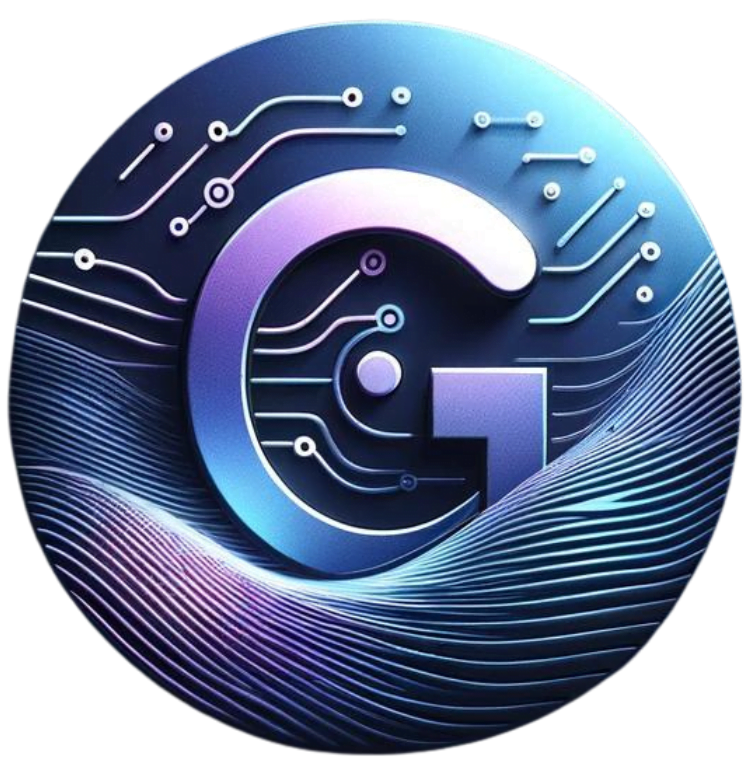Unlock Explosive Growth: How AI Is Reinventing Marketing Strategy


Artificial Intelligence Is Changing Marketing Forever
Artificial Intelligence (AI) is no longer just a buzzword. It’s a real tool driving results in digital marketing. Brands now use AI to predict customer behavior, automate campaigns, and improve targeting accuracy. It’s fast, data-driven, and constantly learning.
Smarter Customer Insights Through AI
AI helps marketers better understand their audience. It processes massive amounts of data quickly. For example, Salesforce Einstein uses AI to identify sales patterns and customer preferences (Salesforce). This means businesses can personalize campaigns in real time.
Sentiment analysis is another AI-driven tool. It reads customer emotions from reviews and social media posts. Tools like MonkeyLearn or Lexalytics help companies understand brand perception instantly.
Personalization at Scale
People expect tailored experiences. AI enables this on a large scale. Platforms like Adobe Experience Cloud use AI to personalize content based on browsing behavior and history (Adobe).
Instead of sending the same message to everyone, marketers can now segment audiences with precision. AI sorts users into dynamic groups and delivers relevant content automatically.
AI-Powered Content Creation
AI writing tools are changing how we create content. Jasper and ChatGPT help produce blog posts, email copy, and even social captions in seconds. These tools understand tone and structure, making them powerful assistants.
Visual content is also AI-driven. Canva uses AI to suggest design layouts. Tools like Lumen5 turn blog posts into short videos. This allows brands to engage on multiple channels without hiring large creative teams.
Better Ad Targeting and Spend Optimization
Advertising is more effective with AI. Google Ads uses machine learning to improve campaign performance. It adjusts bids and placements based on live data.
Programmatic advertising platforms like The Trade Desk use AI to purchase ad space in real time. This ensures ads reach the right person, at the right moment, and at the best cost (The Trade Desk).
Chatbots and Conversational AI
AI chatbots are now standard in customer service. Tools like Drift and Intercom help businesses respond instantly. They answer common questions, capture leads, and qualify prospects.
These bots work 24/7 and improve customer satisfaction. Plus, they free up human agents to handle more complex issues.
AI and Email Marketing Automation
Email marketing has improved thanks to AI. Platforms like Mailchimp use AI to predict the best time to send emails. They even suggest subject lines to increase open rates.
With AI, A/B testing becomes faster and more accurate. Marketers can adjust campaigns based on real-time feedback, not guesses.
SEO and Search Evolution with AI
Search engines are now powered by AI. Google’s RankBrain and BERT algorithms understand context, not just keywords. This means marketers need to focus on quality content that answers real questions.
AI tools like Clearscope and Surfer SEO help optimize content based on what top-ranking pages include. They suggest structure, keywords, and readability improvements that align with search intent.
Predictive Analytics and Forecasting
AI doesn’t just analyze data—it predicts outcomes. Predictive analytics tools like IBM Watson help marketers forecast campaign results before they launch.
This makes planning more strategic. Instead of reacting, brands can act ahead of trends. Predictive tools also help with budget allocation and resource planning.
Real-World Example: Sephora
Sephora uses AI to enhance the shopping experience. Their chatbot offers personalized product recommendations. Their app scans faces to suggest makeup shades. These tools improve engagement and boost conversions (Sephora AI).
Real-World Example: Netflix
Netflix uses AI to suggest shows and movies. Its algorithm tracks user behavior to predict what they’ll enjoy next. This keeps users engaged and subscribed longer (Netflix Tech Blog).
What’s Next for AI in Marketing?
AI is evolving rapidly. We’ll see more voice search, visual search, and real-time personalization. Brands that adopt AI early gain a strong competitive edge.
Staying updated is key. Marketers should test new tools, monitor results, and stay flexible. AI won’t replace creativity—but it will supercharge it.
Key Takeaways
- AI enhances targeting, personalization, and performance.
- It saves time and improves decision-making.
- Real-world brands are already seeing massive benefits.
- Marketers should embrace AI now—not later.
Subscribe for marketing and tech tips at georgefeola.io

